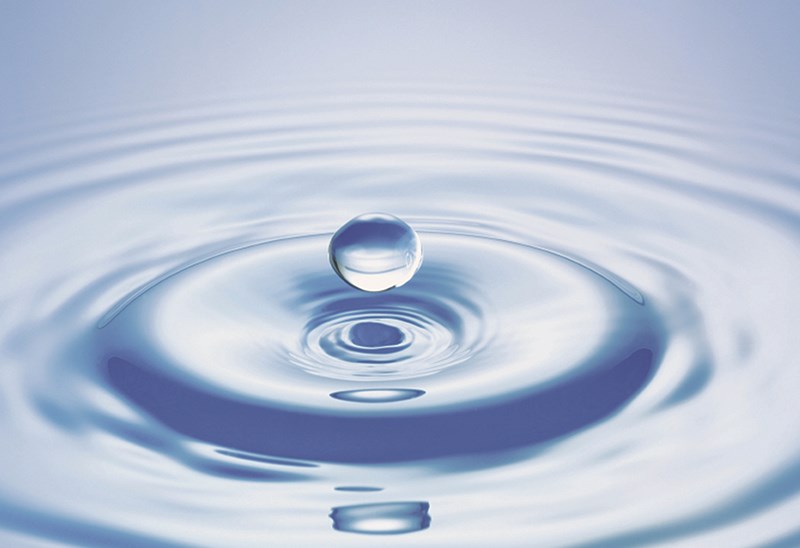Thea deGroot
In all my sixty-plus years I have had easy access to fresh, clean water for drinking, washing, cleaning, and toileting. Thankfully, I’ve also experienced being in places where none of that is guaranteed.

We relied on a shallow well for the first fifteen years of married life so we learned quickly to use less water when bathing, turning the tap off during teeth brushing and making sure our new electric washing machine had a suds-return.
We always had enough underwear and towels on hand so laundry could wait for two weeks instead of one. This became more of a challenge once there were diapers to wash and eventually teenagers in the house who enjoyed long showers and the use of a fresh towel each time. Eventually the water line came to our road.
We travelled several times to Haiti when our daughter and her family lived there, and got used to never drinking the water and the reality that the water that was available was shut off without notice.
We also watched women hand-sort tiny greens for meal preparation without water, and villagers gathered at small rivers to do the week’s laundry and wash themselves and their vehicles – a celebration of sorts; and later understood how cholera spread so quickly after the earthquake.
Recently, my husband, Art, and I had the privilege of spending two weeks in Tanzania with a Canadian NGO, Farm Radio International. Again, we faced the realities of people who can’t count on clean, running water for everyday activities.
We met with a women’s micro-credit and listening group who hadn’t been able to grow a second harvest - the short rains of November-December had not arrived last year. Since they don’t have refrigeration or many ways to store a harvest their diets for the past eight months consisted of rice and beans, sadly not enough nutrition for growing bodies.
I prepared some of them at home for cooking and was struck by how much water I needed just to clean them. We saw dried-up riverbeds, and in flying over the country an increase in desertification of the landscape. Mount Kilimanjaro lacked most of its snowcap.
The United Nations has just declared famine in four other African countries. All the flushable toilets we encountered in our travels had the two-option flush and many used salt water or gray water for those purposes while we continue to use fresh drinking water for ours.
March 22 was once again World Water Day. It’s been 60 or so years since plastic became widely available, and by 2050 there will be more plastic in the oceans than fish if present trends continue.
May we never take fresh, clean water for granted, and learn from indigenous peoples around the world who often don’t have it, that water is sacred and water is life.
Thea deGroot is a Sarnian who enjoys long hot showers in winter and long cold ones in summer and has to remind herself daily of water’s preciousness.
